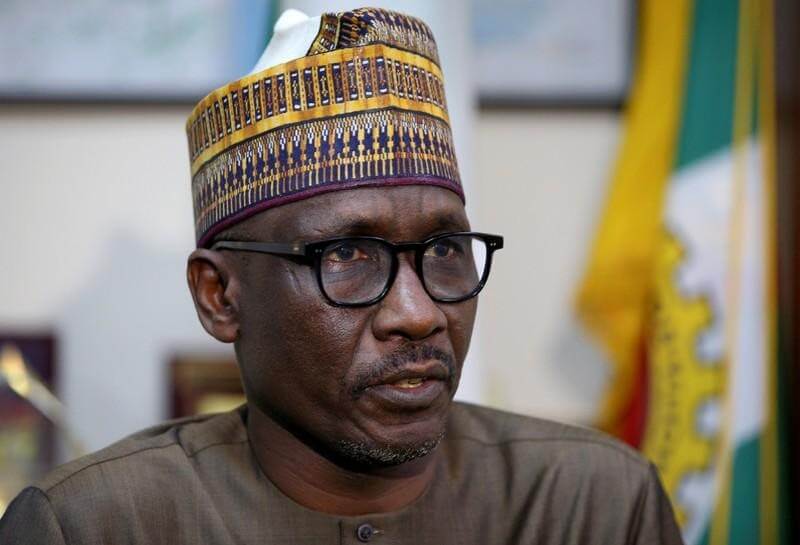The Group Managing Director, Nigerian National Petroleum Corporation, Mele Kyari has said that the oil sector deregulation drive has been placed on hold following the counter attacks on the program.
Recall, the Minister of State for Petroleum Resources, Timipre Sylva had in March 2020 announced the deregulation of Nigerian Petroleum downstream sector.
Advertisement
However there have been several conversations about the possible impact of the deregulation drive on the economy.
The GMD, who was featured on Channels TV program on said that the deregulation which led to an increase in price of petrol led to an uproar by consumers.
This, according to him, brought about several engagements with relevant stakeholders to determine the best pricing structure for the product.
According to him, the engagement which has lingered for a while, necessitated the need for deferment of the program.
Advertisement
He said, “As you are aware, there is no provision for payment of subsidy in the budget which means that the PMS market is now fully deregulated but we are greatly faced with social issues.
“Around September last year, when the market switched to a situation where the price was above N145 per liter, because of the deregulation, so we began engagements with Organized Labour and stakeholders on ways to implement the program without exploiting the ordinary people with the pricing system.
“So that discussion led to the deferment of the full deregulation and we could not implement it as the price was galloping around N145 and we were selling below our cost.”
Speaking further, the GMD explained that the increased clamour for local refineries, may not rule out the price differentials of product completely, as everything around petroleum pricing is anchored on international price framework.
He said, “The expectations on refineries are appropriate, if we are able to ensure local production of PMS demands, what we would have succeeded in doing is to cut off some cost of producing the PMS, like freight and other taxes that would translated up to transportation cost.
“There is something that Nigerians must understand about operating our refineries.
Advertisement
“With the clamour for refineries We cannot So you don’t produce locally and say you will fix local price on the product, when you have an international benchmark so it has to be priced on international price structure but components may be sourced locally.
“But we have exaggerated the impact of local production as the basis for product pricing. When you refine locally, it means the product is close to you, it covers national security expectations and so you can earn foreign exchange.
“To that extend, we can see that there are pains that it will take away when we refine locally.”
The GMD who stressed on the importance if passing the Petroleum industry bill, saying that the current structure of the petroleum industry particularly the operation and fiscal structure are still based on laws established in 1967.
“There has not been any substantial change to our legislation since 1967 when the old bill was made, that means we are operating a archaic kind of petroleum industry.
“There have been several attempts to bring in some changes into the petroleum law and fiscal environment but none has worked out substantially.
Advertisement
“But we are hopeful that this new bill will be passed soon.”



